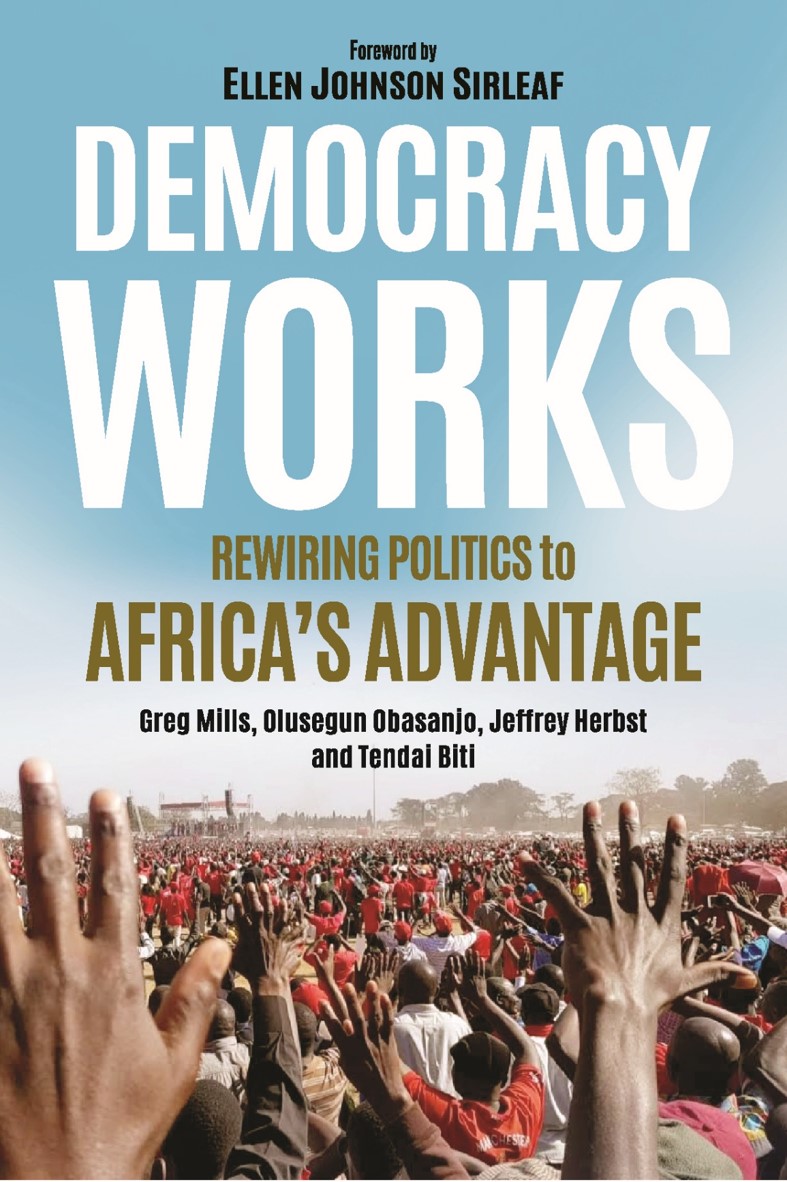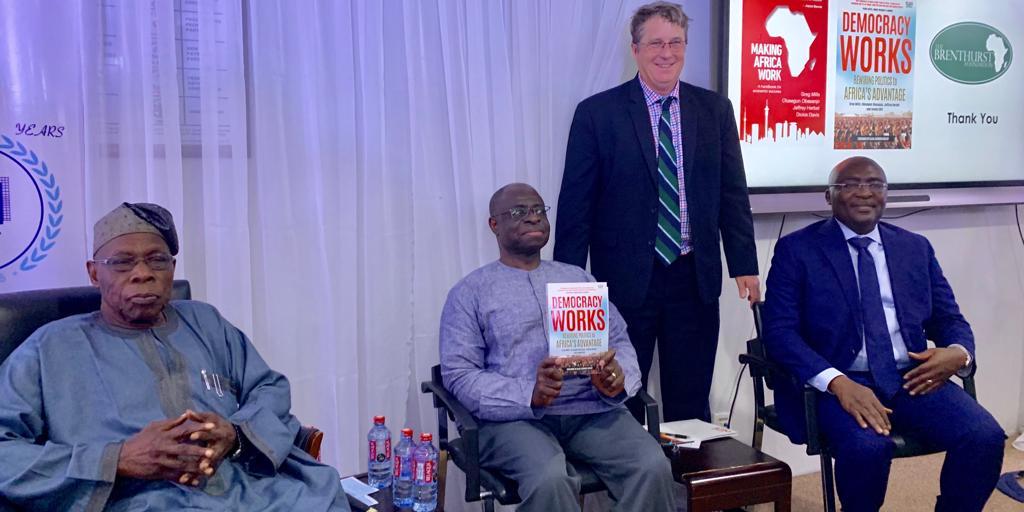News
News24 features extract of Democracy Works
When they work well, democratic regimes improve accountability through elections where leaders are required to demonstrate what they have delivered to voters in order to be returned to power.

Merely reducing the chronic poverty that African countries face today is a challenge that places high demands on government and necessitates very effective political institutions. In addition, over the next 35 years, African countries will also be faced with an extraordinary demographic challenge.
Most countries will double their population by 2050 and there is almost nothing that can be done to change this demographic reality. The continent's population is expected to more than double to 2.6 billion by 2050 and account for 57% of the world's growth in people.
Africa's population growth will cause most countries to become younger, a trend that will occur at the same time that the rest of the world ages. As The Economist noted, "Africans will make up a bigger and bigger share of the world's young people: by 2100, they will account for 48% of those aged 14 and under."
Or, put differently, the world's ten youngest countries will be in Africa. If properly planned for, Africa's population increase and the resulting large number of young people present an enormous opportunity and asset.
Young people are tremendous sources of entrepreneurship, energy and willingness to innovate as new technologies emerge. If young people are able to participate in their economies, being the world's youngest continent would be a great advantage. The World Bank has estimated that the demographic dividend alone could generate 11% to 15% GDP growth between 2011 and 2030.
However, reaping the demographic dividend will be extremely challenging. China only managed to provide for its large and once impoverished population by growing its economy at 12% annually for 30 years. And the sheer scale is daunting.
The IMF has estimated that, in order to maximise their booming population dividend, African countries will need to produce, on aggregate, an average of 18 million high-productivity jobs per year until 2035. The IMF also notes that over this period, policies are required to gradually transition jobs from the informal sector, which accounts for about 90% of the 400 million jobs in low-income sub-Saharan African countries, to the formal sector. To do so, the continent will have to radically change its current record of investment attraction.
To date, Africa's job creation has not kept up with existing birth rates. The African Economic Outlook 2015, for example, reported that only 7% of the continental population aged 15 to 24 in low-income countries had a 'decent' job. In Africa's middle-income countries, this figure increased marginally, to 10%.
Increasing economic growth will demand creating the space for the private sector to operate, and the opportunities through which it can thrive. The African Development Bank observed that "the private sector is Africa's primary engine of growth. It generates 70% of Africa's output, two-thirds of its investment and 90% of employment. Creating private-sector jobs is the most effective and sustainable strategy for lifting more Africans out of poverty". The Bank also notes that "Africa continues to perform poorly on standard governance indicators, scoring 30% lower than the Asian average and 60% lower than industrialised countries".
This helps to explain why Africa performs so badly in attracting foreign direct investment, and thus driving diversified economic growth compared to other developing markets. Foreign direct investment flows to Africa were just $59 billion in 2016, according to the United Nations (UN) Conference on Trade and Development, of the $1.75 trillion made worldwide, or 3.4% of foreign direct investment for 16% of the world's population.
If leaders are not successful in reforming their economies, their countries will face great peril. The risks stemming from large numbers of digitally connected young people concentrated in urban areas without jobs are high, as was clearly demonstrated in the early 2010s by the ArabSpring.
Young people who are pessimistic about their economic futures are unlikely to sit idly by waiting for change. They will demand it.
Democracy has a better long-term record in promoting economic growth. While a few authoritarians have accumulated some good years of growth in a small number of countries, there are many examples across Africa where those not held accountable to their citizens have made decisions that were directed at enriching the elite rather than elevating the masses.
The empirical record of economic performance over the last three decades shows that the freer the politics in Africa, the better the economic performance. It also indicates that democracies are more diversified and less dependent on one commodity for their development. As the prices of commodities have gone down, democracies have been less negatively affected, given their comparatively diversified nature.
And, finally, it shows that the real advantage, in terms of stability and prosperity, comes in the achievement of free status.
When they work well, democratic regimes improve accountability through elections where leaders are required to demonstrate what they have delivered to voters in order to be returned to power.
This extract was first published on News24.


